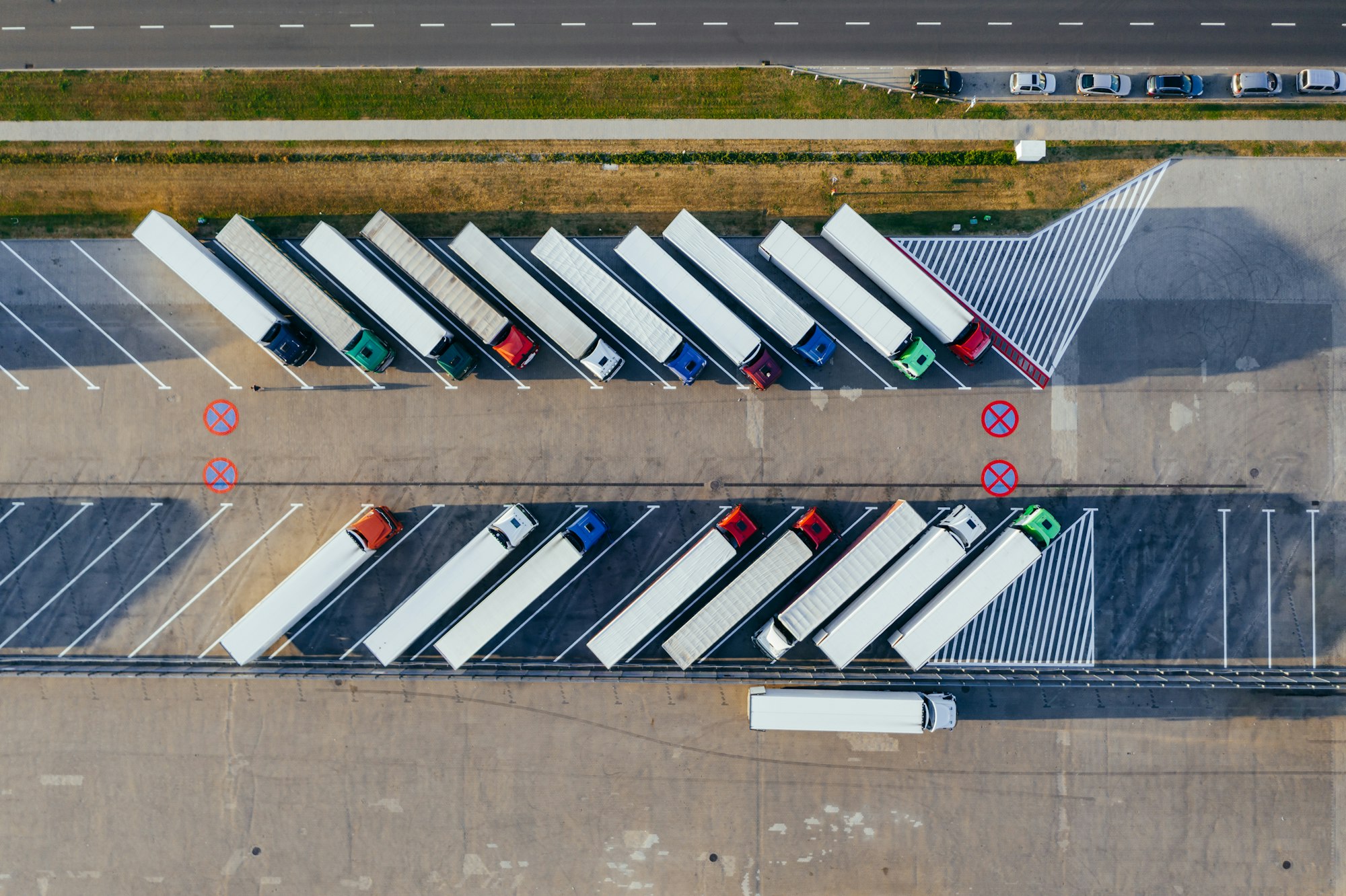IndoPacific deal on supply chains takes effect in S. Korea

Seoul, South Korea has implemented the U.S.-led Indo-Pacific Economic Framework (IPEF) agreement on supply chains. Trade Minister Cheong In-kyo stated that measures will be taken to utilize the IPEF to support the industrial supply chain. The agreement, launched by President Joe Biden in 2022, focuses on trade, supply chain resilience, a clean economy, and a fair economy. This marks South Korea's first multilateral agreement on global supply chain issues.
Source: Link
FAQ - Indo-Pacific deal on supply chains
Frequently Asked Questions (FAQ) - Indo-Pacific deal on supply chains
1. What is the Indo-Pacific deal on supply chains?
The Indo-Pacific deal on supply chains refers to the Indo-Pacific Economic Framework for Prosperity (IPEF) Agreement, which is a multilateral agreement involving the United States, Japan, South Korea, and other Indo-Pacific economies aimed at bolstering supply chain resilience in the region.
2. When did the IPEF supply chain agreement take effect in South Korea?
The IPEF supply chain agreement went into effect in South Korea recently, as per a report by Yonhap News Agency one day before [the referenced date in the link provided].
3. Which countries are part of the IPEF supply chain agreement?
As of the latest reports, there are 14 member economies in the IPEF trade agreement, including the United States, Japan, South Korea, Fiji, India, Singapore, and others.
4. What are the main objectives of the IPEF agreement?
The main objectives of the IPEF agreement include strengthening supply chain resilience, seizing economic opportunities, and fostering investment and trade among the member countries. It aims to ensure the smooth functioning of supply chains and secure critical materials and goods, such as semiconductors.
5. How will the IPEF supply chain agreement affect South Korea?
South Korea expects to benefit from increased cooperation and stability in supply chains, which may result in economic growth and enhanced trade relationships with other member economies. It may also support the country's industries by ensuring more reliable access to inputs and markets.
6. What mechanisms will the IPEF supply chain agreement establish?
The agreement is set to establish three new bodies dedicated to areas including supply chain resilience, setting standards, and coordination among member economies. These bodies will provide a platform for countries to collaborate on identifying and addressing supply chain vulnerabilities.
7. What role did the U.S. Department of Commerce have in the IPEF agreement?
The U.S. Department of Commerce played a crucial role in announcing the upcoming entry into force of the IPEF supply chain agreement and is likely to be involved in its implementation and ongoing administration.
For additional details and the most current information related to the IPEF supply chain agreement and its impact on South Korea and the wider region, it is advisable to consult official government and news agency releases directly.
Please note that links to specific articles or resources have not been provided, as my current capabilities do not allow for generating direct hyperlinks.

